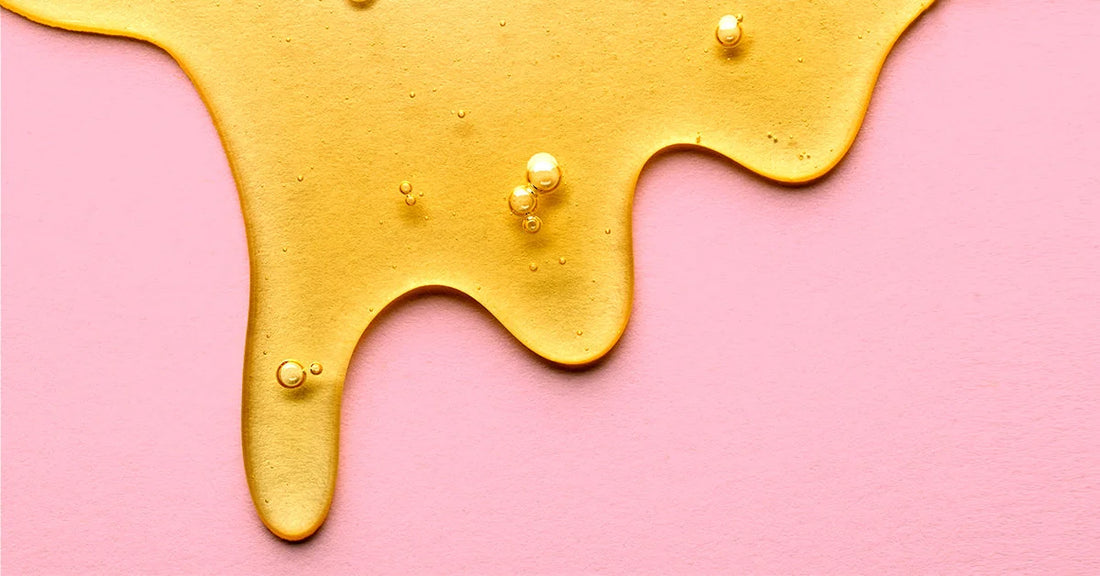Pure, raw honey is a flavoursome food with very high nutritional value. Honey contains mostly sugar, as well as a mix of amino acids, vitamins, minerals, iron, zinc and antioxidants. Although the nutrition profile varies depending on the type, a single tablespoon (21 grams) of honey typically has 64 calories and 17 grams of carbs with little to no fat, fibre, and protein. The composition of honey is mainly sugars and water. In addition, it also contains several vitamins and minerals, including B vitamins. The other constituents of honey are amino acids, antibiotic-rich inhibine, proteins, phenol antioxidants, and micronutrients. The sugars in honey are sweeter and give more energy than artificial sweeteners, and the most abundant sugar in honey is fructose. These substances are of nutritional and health importance. Some of the vitamins found in honey include ascorbic acid, pantothenic acid, niacin and riboflavin; along with minerals such as calcium, copper, iron, magnesium, manganese, phosphorus, potassium and zinc.
Natural honey contains several enzymes which enhance the digestion of food substances especially carbohydrates such as sugars and starch. The additional benefit of eating honey as a source of energy over the commonly used artificial sugar is that, the major sugar constituents of NH are present as monosaccharides (simple sugars) [2]. Unlike the refined sugar (sucrose) which normally has to undergo the processes of digestion into simpler forms prior to their absorption, these sugar molecules in NH are in pre-digested forms, and can be directly absorbed into the human system. Apart from giving nutrition, the use of honey as a sweetening agent in sweets and desserts is also beneficial. As a sweetener, honey has nutritional advantages over sugar, providing some amount of small nutrients [2,3], which act to aid digestive processes in the body.
The take home message is that honey is not only delicious, but full of all the good nutritional elements as well. I am not a nutritionist or chemistry expert, thus the information in this blog is taken directly from Ajibola, Chamunorwa & Erlwanger (2012) “Nutraceutical values of honey and its contribution to human health and wealth: Nutr Metal (Lond). 9:61.



